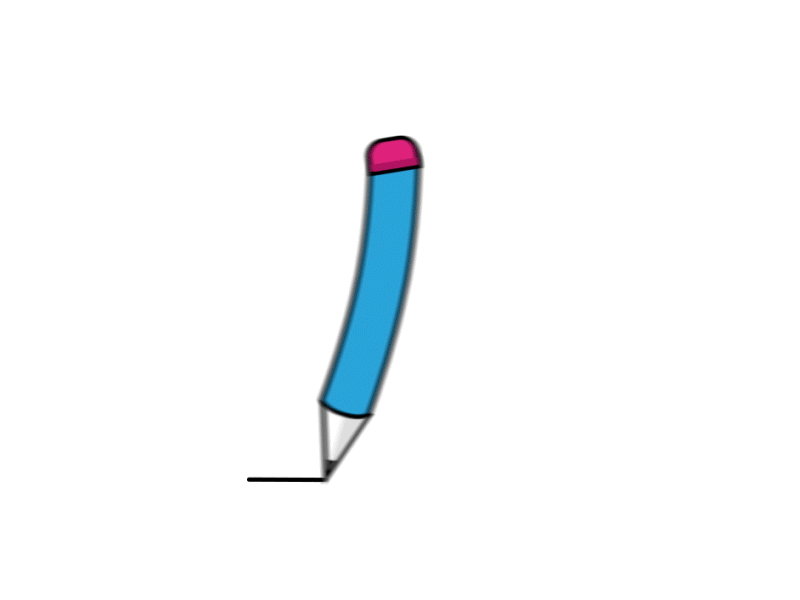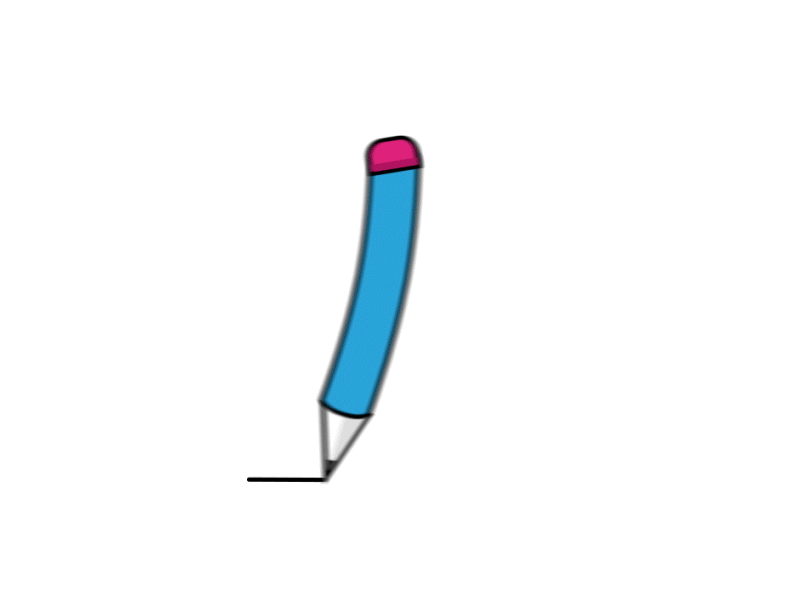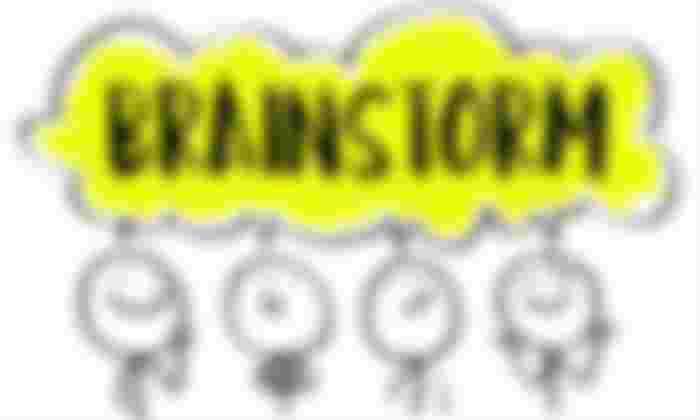Experiment with different forms of writing
It can be hard to know where to start in the world of writing. You might be a brand new writer, or you might have been writing for years and feel like you've hit a wall with your creativity. Either way, I'm here to help!

We know that it can be hard to get started, especially when you're feeling uninspired or unsure of how to proceed.
Experimenting with different forms of writing is a great way to get your creative juices flowing and expand your skills as a writer. It is a great way to get out of a creative rut and get back on track. While it may seem overwhelming at first, once you find something that works for you, it will become easier over time. And don't worry if none of these options work for you—there are tons of other ways to get inspired and write creatively.
It can be easy to write the same thing over and over again, especially if you are working on a project that has specific guidelines or parameters. But if you want to expand your horizons, try experimenting with something new.
You can experiment with different styles of writing, or even different genres. You could write a poem instead of a short story, or write in first person as opposed to third person. Or maybe you've always wanted to try your hand at script-writing?
It's also worth experimenting with different topics—you may find that you really love writing about one particular subject, and then it becomes easier to branch out into other topics related to that subject area!
If you aren't sure where to start when experimenting with new forms of writing, ask yourself these questions: What kind of information is most important for this topic? Can I make the information more engaging by telling a story about how I learned about it? How can I make this information more visual than just text?

You can start by brainstorming different kinds of formats that might work for what you're trying to say. Try listing things in bullet points, or writing an essay in all lowercase letters. Or try writing from the first person point-of-view, or from the perspective of an animal—or even an object!
When you're writing, it's easy to get stuck in a groove. You may find yourself writing the same kind of stories over and over again, because they're what come most naturally to you. But when you experiment with different forms of writing, it can open up a whole new world of possibilities for your creativity.
When there's no right answer and no wrong answer, it can be easier to find inspiration and discover new things about yourself as a writer. Maybe you'll find out that you love writing poetry or short stories more than novels—or maybe you'll discover something completely unexpected!
Experimenting with different types of writing is also good practice for becoming more adaptable as a writer: there are so many ways to tell a story. You may find yourself writing the same kind of stories over and over again, because they're what come most naturally to you. But when you experiment with different forms of writing, it can open up a whole new world of possibilities for your creativity.

In Conclusion
It's easy for us to fall into a routine, especially when we're working on something that needs to be done every day. The problem with this is that we can end up getting stuck in a rut where our creativity dries up and we end up feeling bored and uninspired. If you feel like this has happened to you recently, it's time for some experimentation.
You may be surprised what happens when you try something new! It's easy to get stuck in a routine, but the more you experiment with different things, the more likely it is that one day you'll find yourself creating something truly unique.



Welcome, buddies. Today, I'd like to inform you that writing has become manageable. Starting with a clear outline helps to organize thoughts and ensures a logical flow. Thorough research is crucial for supporting arguments and providing depth. look here https://domypaper.com/ Taking regular breaks can prevent burnout and maintain creativity. Proofreading is essential for catching errors and refining the content. Utilizing resources like writing centers or seeking feedback from peers can improve the final draft.